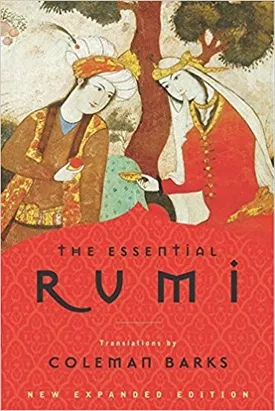Jalal al-Din Rumi
Jalal al-Din Rumi was born in Afghanistan in the 13th century and is considered one of the most beloved poets of all time. He was a prominent Persian scholar who wrote poetry, philosophical works and plays. His poetry is said to be distinguished by its beauty, depth of feeling, and its use of language, which was both spiritual and imaginative.
Rumi’s father was a teacher of Islamic Law and his mother was a theologian and poet. They both had a profound influence on Rumi’s life. As a child, he was exposed to the classics of Persian literature, and gained an appreciation for poetry and literature from an early age. He received traditional Islamic education during his youth and was a practicing theologian while still in his twenties. Rumi was also a Sufi, a mystic sect associated with Islam.
Rumi’s most famous work is the Masnavi, also known as The Spiritual Couplets. The Masnavi is an epic poem that consists of an estimated 25,000 to 50,000 couplets (verses). It covers a broad range of topics such as religion, philosophy, literature, Sufism and mysticism. The Masnavi is considered to be Rumi’s masterpiece and perhaps one of the greatest works of Persian literature.
In addition to the Masnavi, Rumi wrote hundreds of other poems, including his Dīvān (a collection of love poems and hymns), as well as several books of prose. His works touched upon subjects such as love, beauty, faith, and morality, and were incredibly influential in Persia and later, much of the Muslim world.
Rumi’s works crossed national and cultural boundaries, eventually reaching Europe during the Renaissance. His works were translated into several languages and inspired many in the West to pursue spiritual growth, peace and unity.
Rumi’s poetry is still popular today and continues to inspire people around the world. Rumi’s teachings of tolerance, love, peace and unity are as relevant today as they ever were. His works are studied and enjoyed by students and scholars, alike.
Rumi’s legacy has helped to shape our modern world and has influenced artists, musicians and writers. Today, Rumi’s works are inextricably linked to Islamic mysticism, Sufism and the Islamic tradition. Rumi’s works continue to bring people together and to help open our minds to the possibility of spiritual growth.

